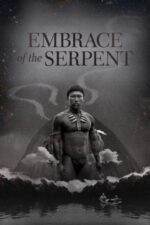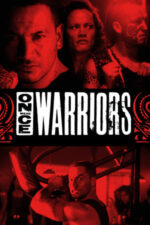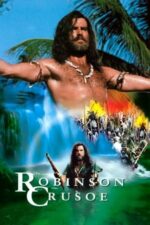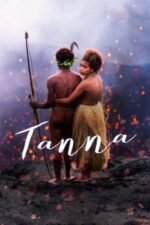Beyond Representation: Exploring Indigenous Stories in Cinema
Okay, let’s talk about something really important right now: how we see (and don't see) indigenous stories on screen. For a long time, representation of Native and Indigenous peoples in film has been…problematic, to put it mildly. Often relegated to stereotypes or serving as plot devices for white protagonists, their narratives were rarely, if ever, truly centered. Thankfully, things are changing – slowly but surely – and we’re seeing a wave of films that offer something far more nuanced and powerful.
What does “indigenous” even mean in the context of film? It's not just about ethnicity; it speaks to deep connections with land, culture, spirituality, and often, a history of trauma and resilience. It’s about sovereignty – both political and personal. And that’s what makes films like "The Stolen Valley" so compelling. The blend of Mexican and Navajo heritage in the protagonist isn't just window dressing; it informs her entire struggle against exploitation and injustice. It highlights how indigenous experiences are often interwoven, complex, and defy easy categorization.
Then you have something like “Cold Road,” which uses a chilling thriller framework to explore themes of isolation and survival within an Indigenous community. The stark Canadian landscape becomes almost another character – beautiful yet unforgiving, mirroring the challenges faced by those who call it home. It’s a clever way to introduce audiences to these realities without relying on tired tropes. Think about how much more impactful that sense of dread is knowing the protagonist isn't just facing a physical threat, but also the weight of historical and ongoing systemic issues.
What I find particularly exciting is the rise of films like "Los hieleros del Chimborazo." Documentaries are crucial here! They offer an unfiltered glimpse into lives often hidden from mainstream view. Seeing generations carrying ice down mountains isn't just visually stunning; it’s a testament to cultural preservation and the enduring strength of community in the face of economic hardship. It reminds us that indigenous stories aren't monolithic – they're as diverse as the landscapes they inhabit.
Even films like "This Place" and “In This Moment,” while not explicitly focused on Indigenous identity, touch upon themes of liminality, belonging, and finding your place in a world that doesn’t always understand you—experiences often shared by marginalized communities, including Indigenous peoples. They speak to the universal human need for connection and acceptance.
Ultimately, these films aren't just about telling stories; they're about reclaiming narratives. They're about centering indigenous voices and perspectives, allowing us to see ourselves – and each other – with greater understanding and empathy. It’s a vital step towards a more inclusive and honest cinematic landscape.
What are your thoughts? Have you seen any films that particularly resonated with you in exploring these themes?







































